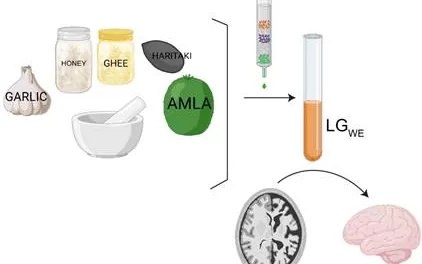November 27, 2024 — Public health experts have long advised drinking eight cups of water a day, but new research from the University of California, San Francisco (UCSF), sheds light on the tangible health benefits of adequate hydration. The study, published in JAMA Network Open, systematically reviewed 18 randomized controlled trials, uncovering significant advantages of sufficient water intake in areas such as weight management, kidney stone prevention, and other health conditions.
“For such a ubiquitous and simple intervention, the evidence hasn’t been clear, and the benefits were not well-established,” said Dr. Benjamin Breyer, senior author and chair of the UCSF Department of Urology. “To our knowledge, this is the first study assessing the benefits of water consumption on clinical outcomes broadly.”
Key Findings
The study found compelling evidence supporting the role of hydration in improving specific health outcomes:
- Kidney Stones: Drinking eight cups of water a day significantly reduced the likelihood of recurring kidney stones, a painful and common condition.
- Weight Loss: Adults who consumed about six cups of water daily experienced notable weight loss. While the intervention had no effect on adolescents, researchers emphasized that drinking water before meals is a low-cost, effective strategy to combat obesity.
- Urinary Tract Infections (UTIs): Women with recurrent UTIs who added six cups of water to their daily intake experienced fewer infections and longer intervals between episodes.
- Migraines: Adults suffering from recurrent headaches reported improvements after increasing their water intake for three months.
- Diabetes and Low Blood Pressure: Increased hydration—about four extra cups per day—helped diabetic patients regulate elevated blood glucose levels. Young adults with low blood pressure also benefited from drinking more water.
Context and Limitations
Despite these findings, Dr. Breyer cautioned that hydration needs vary by individual. “Dehydration is particularly harmful for those with a history of kidney stones or urinary infections. However, someone experiencing frequent urination may benefit from drinking less. There isn’t a one-size-fits-all approach for water consumption,” he explained.
The researchers also noted a lack of rigorous studies in some areas, highlighting the need for further investigation to establish definitive guidelines.
Broader Implications
The study underscores the potential of simple, accessible interventions like hydration to improve public health. Encouraging people to drink more water could help address widespread health challenges such as obesity, diabetes, and recurrent infections.
As hydration remains a cornerstone of health, this research offers evidence-backed insights into how drinking water can lead to meaningful health improvements. For many, staying hydrated could be one of the simplest steps toward a healthier life.











